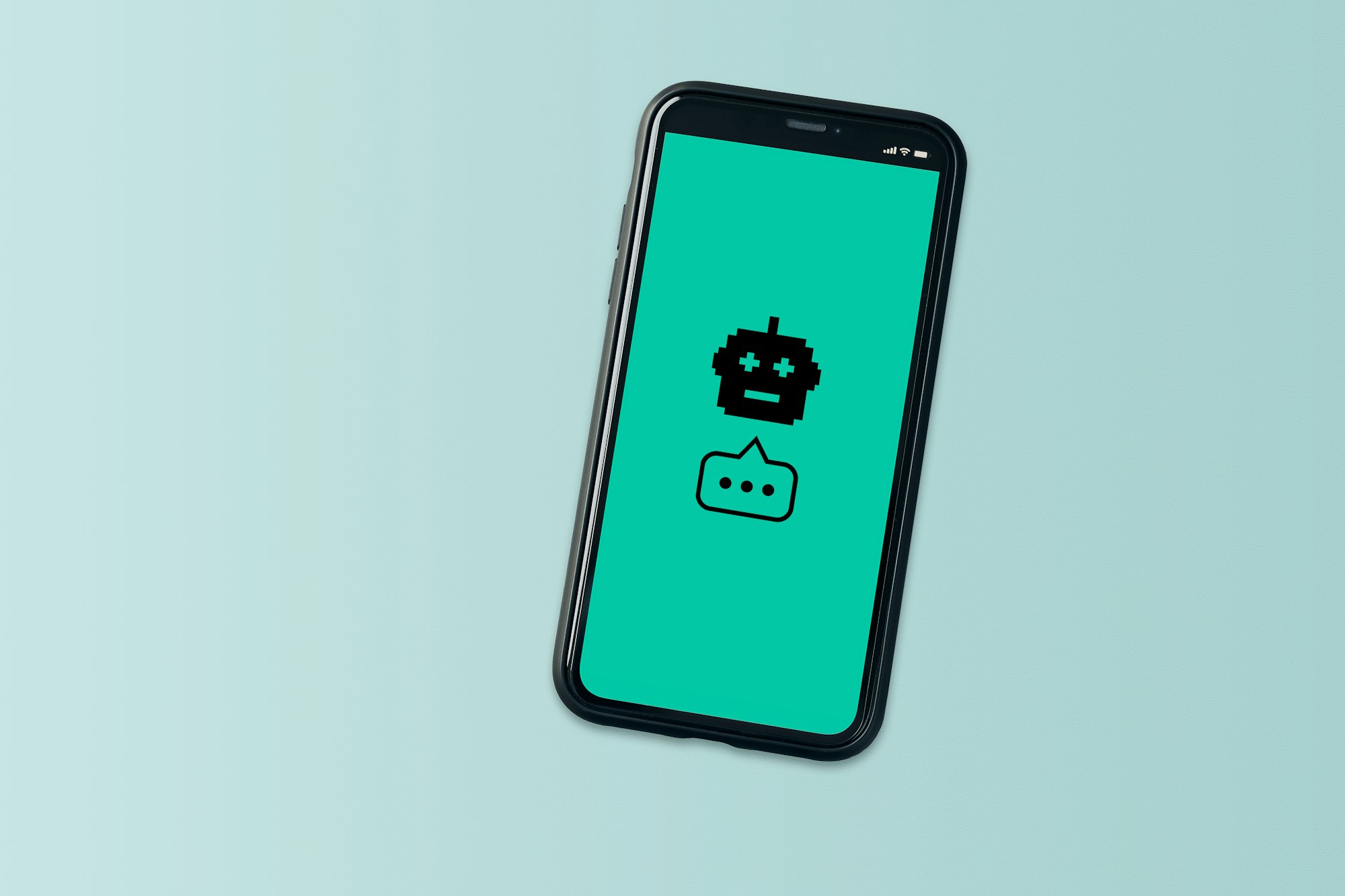Artificial Intelligence (AI) chatbots have completely changed how we interact online, offering incredible efficiency and convenience. However, recent research from the UK reveals that these technological wonders also come with serious risks. In this article, we’ll explore the world of AI chatbots, looking at their benefits, potential dangers, and the essential safeguards needed to keep them safe.

The Rise of AI Chatbots
AI chatbots are everywhere now, improving customer service, boosting user engagement, and automating routine tasks. Their ability to mimic human conversation through natural language processing (NLP) has transformed how we interact across different industries.
Key Advantages of AI Chatbots
- 24/7 Availability: Unlike human agents, chatbots work around the clock, providing immediate help and improving customer satisfaction.
- Cost Efficiency: By handling multiple questions at once, chatbots reduce the need for many human workers, cutting operational costs.
- Data Collection: Chatbots gather valuable data on user behavior and preferences, enabling personalized experiences and better decision-making.
Unmasking the Vulnerabilities
Despite their many benefits, AI chatbots are not perfect. UK researchers have identified serious vulnerabilities that can be easily exploited, damaging user trust and security.
Potential Risks
- Bypassing Safeguards: Hackers can get around security measures, gaining unauthorized access to sensitive information.
- Misinformation Spread: Chatbots can accidentally spread false information, leading to misinformation and potential harm.
- Privacy Breaches: Poor data protection can result in unauthorized data access, compromising user privacy.
Case Studies: Real-World Implications
- Financial Sector: A major bank experienced a data breach when hackers exploited chatbot vulnerabilities, exposing customer account details.
- Healthcare: Incorrect responses from a healthcare chatbot led to patients receiving wrong medical advice, showing the need for thorough validation processes.
Implementing Robust Safeguards
To enjoy the benefits of AI chatbots while minimizing risks, robust safeguards are essential. These measures ensure the integrity and reliability of chatbot interactions.
Essential Security Measures
- Multi-Factor Authentication (MFA): Adding MFA provides extra security, preventing unauthorized access even if credentials are stolen.
- Regular Audits: Conducting frequent security audits helps identify and fix vulnerabilities before they can be exploited.
- Encryption: Encrypting data sent by chatbots protects sensitive information from interception and unauthorized access.
Ethical AI Development
Ensuring ethical AI development is crucial to maintaining public trust. This means following principles of transparency, accountability, and fairness.
- Transparency: Clearly explaining how chatbots operate and make decisions builds user trust and acceptance.
- Accountability: Developers must take responsibility for their chatbots’ actions, addressing any negative outcomes quickly.
- Fairness: AI algorithms should be designed to avoid biases, ensuring fair treatment for all users.
The Future of AI Chatbots
The future of AI chatbots depends on balancing innovation with security. As technology evolves, so must our approach to protecting these digital assistants.
Emerging Trends
- Adaptive Learning: Future chatbots will use adaptive learning to improve interactions, becoming more intuitive and user-friendly.
- Enhanced Security Protocols: New security protocols will be developed to tackle emerging threats, ensuring strong chatbot defenses.
- Human-AI Collaboration: The synergy between human agents and AI chatbots will be optimized, combining the strengths of both for better service.
Conclusion
AI chatbots are undeniably a cornerstone of modern digital interaction. However, their potential is marred by vulnerabilities that necessitate robust safeguards. By implementing comprehensive security measures and adhering to ethical principles, we can fully leverage the benefits of AI chatbots while mitigating associated risks. As we navigate the digital age, a balanced approach to AI chatbot deployment will ensure these tools remain both innovative and secure.
In summary, AI chatbots have revolutionized the way we interact online, but we must be vigilant about their vulnerabilities. By combining robust security measures with ethical development, we can enjoy the benefits of AI chatbots without compromising safety and trust.

FAQs About AI Chatbots: A Double-Edged Sword in the Digital Age
1. What makes AI chatbots so beneficial?
AI chatbots offer incredible benefits that make our digital interactions smoother and more efficient. They’re available 24/7, providing immediate help whenever you need it, which is especially helpful when human agents are unavailable. They also save companies money by handling multiple queries at once, reducing the need for large customer service teams. Plus, chatbots collect valuable data on user behavior, helping businesses personalize experiences and make smarter decisions.
2. What are the main risks associated with AI chatbots?
While AI chatbots offer many advantages, they also come with significant risks that can’t be ignored. Hackers can bypass security measures, gaining unauthorized access to sensitive information. Chatbots can accidentally spread misinformation, leading to confusion and potential harm. Privacy breaches are another major concern, as poor data protection can compromise user information. These vulnerabilities can undermine user trust and have serious real-world implications, such as data breaches in the financial sector or incorrect medical advice in healthcare.
3. How can we ensure the safety and reliability of AI chatbots?
To ensure the safety and reliability of AI chatbots, it’s essential to implement robust safeguards. Multi-Factor Authentication (MFA) adds an extra layer of security, preventing unauthorized access even if credentials are stolen. Regular security audits help identify and fix vulnerabilities before they can be exploited. Encrypting data sent by chatbots protects sensitive information from interception. Additionally, ethical AI development is crucial. This means being transparent about how chatbots operate, taking responsibility for their actions, and designing algorithms to avoid biases, ensuring fair treatment for all users. By combining these measures, we can enjoy the benefits of AI chatbots while minimizing their risks.
Sources The Guardian



I don’t think the title of your article matches the content lol. Just kidding, mainly because I had some doubts after reading the article.
Your point of view caught my eye and was very interesting. Thanks. I have a question for you.